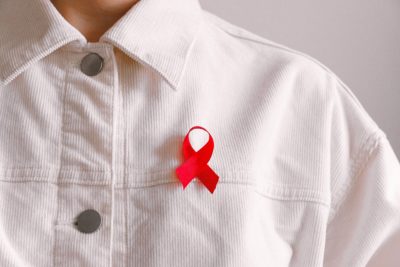Opioid Crisis and Child Welfare
$40.00
Credits: 2.75
Type: Recorded asynchronous distance
Description
Overview
This course introduces participants to the effect of opioid use disorder on the process of parenting. This includes both instrumental parenting (provision of adequate food, clothing, shelter, and supervision) as well as relational parenting (provision for love, support, warmth, and security). It draws on both qualitative and quantitative research to provide both objective information as well as insight into the subjective self-assessment of opioid misusing parents into the quality of their own behavior as parents.
Delivery Method
This course consists of a recorded video and posttest.
Course Level
This course is geared for professionals at the basic, intermediate, and advanced clinical levels, and consists of a non-Interactive, self-paced, recorded lecture with posttest.
Learning Outcomes
At the conclusion of this workshop participants will be able to:
- Gain knowledge about the unique characteristics of our present opioid crisis
- Be Informed about the objective behavioral outcome of opioid influenced parenting on the wellbeing of children
- Understand the pharmacological, physical, psychological, and lifestyle affects of opioid on individuals the implications that these have for the ability to parent
- Gain insight into how opioid misusing parents assess their own parenting
Instructor
Theodore M. Godlaski, M.Div., CADC is a retired Associate Professor of Psychiatry and Social Work at the University of Kentucky. He spent 23 years doing treatment, program administration, and clinical supervision before coming to the University of Kentucky School of Medicine, Center on Drug and Alcohol Research in 1993. In August of 2002 he moved from the Center on Drug and Alcohol Research to the College of Social Work in order to devote more time to teaching. He retired from the College of Social Work in 2019. He is former Chairperson of the National Ethics Committee for the National Association of Alcohol and Drug Counselors and worked on the revision of their code of ethics. He also served as a member of the Kentucky Certification Board of Chemical Dependency Counselors and a member of its Complaint Committee. He was also a senior area editor for the journal Substance Use and Misuse (formerly International Journal on the Addictions). He has been involved in treatment outcome and treatment effectiveness research as well as research to develop a treatment approach specifically for rural substance abusers.
Accreditation
The University of Kentucky College of Social Work, provider number 1377, is approved as an ACE provider to offer social work continuing education by the Association of Social Work Boards (ASWB) Approved Continuing Education (ACE) program. Regulatory boards are the final authority on courses accepted for continuing education credit. ACE provider approval period: 9/29/2022-9/29/2025. Social workers completing this course receive 2.75 general continuing education credits.
How to Claim Credit
To receive credit for this course, you must view/complete the entire course, pass the related post-test, and submit a completed course evaluation. If your score is less than the passing score of 75%, you may retake the test. Your certificate will become available for an automatic download once all of the requirements are complete.
Cancellation and Refund Policy
Online courses cannot be cancelled and refunds are not available.
Questions
If you have questions for the instructor, require special accommodations, need assistance with registration, or are experiencing technical difficulties, please contact Melissa Whitaker at melissa.whitaker@uky.edu.
Review Date
9/9/22



